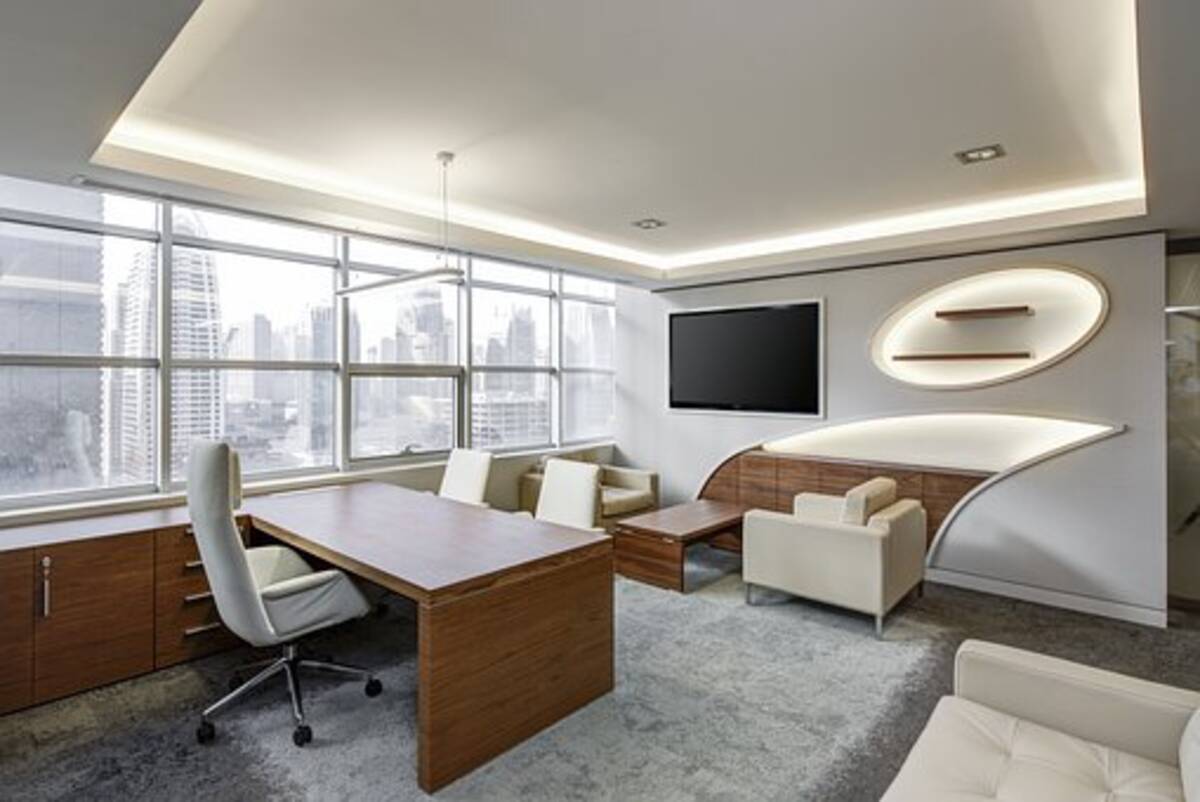If you’re an interior designer looking to get more clients, consider setting up a Houzz profile. This will give potential clients the first impression of your experience and skills. It also helps outline the types of services you offer and the areas you serve. To ensure you get the best exposure, create a profile that speaks to your core competencies.
Ideabooks
Ideabooks are a valuable tool for interior designers. They allow you to share your favorite photos and ideas with clients and colleagues. They are also helpful for researching and comparing products. A good guidebook can also help you market yourself to potential clients and build a good reputation. You can create private ideabooks for each client or share them with others.
Ideabooks on Houzz allow you to save images and ideas from various projects. You can also add comments to the photos. They are also accessible from the profile page of the designer. Once created, your ideabook will appear under your name in the Ideabooks section. You can add more viewers or editors to your idea book if you want.
Using an Ideabook on Houzz is easy to share your ideas and dreams with others. You can save photos of your favorite rooms and products and organize them by style or features. You can also save notes, PDFs, and other details about the home you want to design.
Ideabooks on Houzz are similar to Pinterest boards. They are organized by room type, style, or feeling. Ideabooks can even be used as editorial tools for your firm. You can use them to promote your work and drive organic traffic to your Houzz page.
Uploading photos
High-resolution images can boost your project’s visibility on the Houzz interior design website. These images should be high-quality and a minimum of 1000 pixels wide. Hiring a professional photographer to take your photos would also be best. However, if you don’t have a professional photographer, you can always upload your images.
Tag your photos with keywords related to the project. Houzz rewards you with points for your posts, which will increase your visibility on the site. In addition to tags, you can also add notes on your photos, which will help people understand what the image is about. Remember to credit the photographer and check if they can use the picture.
Before you upload your photos on Houzz, it is essential to complete your profile. You can do this by adding more pictures and replying to comments. You can also write and post stories on the site. The website’s ‘Houzz Stories’ section provides inspiration and advice about interior design, outdoor design, and more.
Houzz has a massive database of home design photos. Many of these images are credited to specific individuals or companies. Even if you are looking for a particular room, you can narrow your search by selecting one of the 24 categories on the site. Then you can further filter the results by style and metropolitan area.
DMCA policy
One of the most common complaints of Houzz users is using their images in advertising products. This practice was criticized by several users who cited the poor quality and low prices of such products. The company’s users have signed a petition demanding that Houzz remove the infringing content from its website. However, it remains unclear if Houzz will abide by the petition.
If you are planning to use a photo or design that is based on a Houzz image, be sure to comply with the DMCA policy. This policy prohibits using the Houzz logo and wordmark without the consent of Houzz. Houzz’s logo is available in both 2D and 3D versions. The 3D effect is created by color-grading the green triangles and adding new elements to the right side of the emblem. The typeface used for the Houzz logo is a clear sans-serif font with ample space between letters. The company’s logo is also available in a two-color gray.
In addition to the DMCA policy, Houzz’s content creators should ensure that their photographs are not used without permission from the designer. If the images are shared without permission, Houzz has to give designers the option to remove them from the website. It should also not allow third-party partners to use the designers’ photos without their consent. If the designer does not buy advertising on the platform, their listings will not appear in the search results. Furthermore, if a designer opts out of the platform, they will be permanently removed from Houzz’s calling list.

